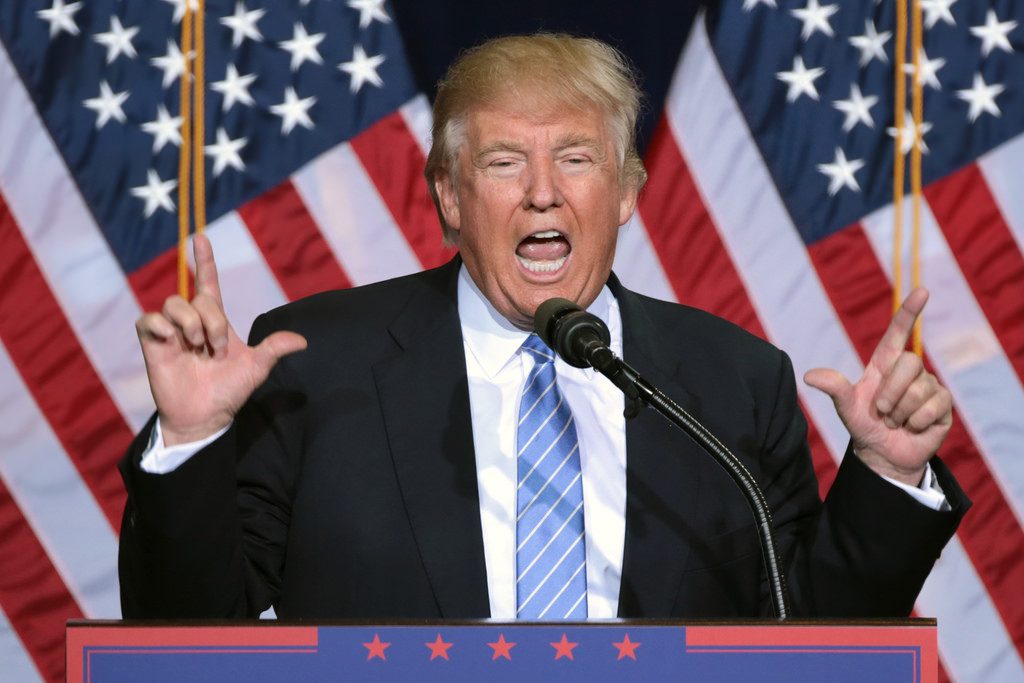How The Polls Got It Wrong, Or Did They?

There has been a lot of post-mortem analysis on the election and one of the areas that people are pouring over is the polls, which mostly got it wrong. Trumps campaign manager had been telling anyone who would listen in the run up to the election that Trump had “undercover voters” that would come through for him. She also blasted the media and pollsters as cherry picking respondents and data to favor Hillary. There certainly seems to be some truth to what she says that can be chalked up to what is called the Bradley Effect named after failed CA gubernatorial candidate Tom Bradley. It is postulated that people did not want to tell pollsters they were against Bradley, who led big in the polls pre-election, because they did not want to seem racist (Bradley is black). Trump supporters were under siege in this election by the media, characterized often as being low iq, racist hicks, “deplorables” as Hillary called them. So there may have been many voters who did not want to tell pollsters they may be a “deplorable”. There is always the question of online vs in person polling where the online respondents are supposed to seem to feel safer with an honest response. This is thought to have been less of a factor in this years election because with all the data mining and hacking online poll subjects are feeling less secure every day.
Another big issue is gauging voter enthusiasm. You can say you support someone but you still have to get off the couch to make it count. Hillary enthusiasm was over-weighted in picking “likely voters” for polls as compared to Trump. Although the experts kept saying that Trump packing out large arenas, and Hillary playing to hundreds, was not indicative of a larger picture it seems they were wrong. Later dissecting of the stats showed that Trump supporters in usually low voting categories, like lower educated whites, came out in big numbers for Trump.
Sampling bias was something found in one of John Podesta’s emails where he seemed to be giving encouragement to the pollsters to fudge. “Polling errors can stem either from getting an unrepresentative sample of respondents within each group, or from incorrectly predicting how many of each type of voter will show up”.
Two polls did get it close to right on, the LA Times/USC Tracking poll (which uses a different formula to predict voting patterns than most polls) And the IBD/TIPP tracking poll both had Trump the victor unlike the 21 other polls.
This election may have been less about a total polling picture and more of a case of a masterful campaign strategy in just a few blue collar “rust belt” states by Trump. Many thought he was wasting time trying to penetrate these “Blue Wall” (democratic) states but his appeals paid off giving him the electoral victory. And finally, after all this hand wringing, by democratic pollsters they actually were pretty close in their popular vote predictions.

